“Radical, to me, does not mean crazy,” said historian, writer and political activist Barbara Ransby to an audience in Porter Byrum Welcome Center Tuesday evening.
“It means rigorous. It means looking at the root cause of injustice. It means being ambitious about the kind of justice you want to achieve.”
Ransby delivered the annual Anna Julia Cooper lecture, a cornerstone of the work done by Wake Forest’s Anna Julia Cooper Center. The center, whose mission is “Advancing justice through intersectional scholarship,” focuses much of its work at the intersection of race and gender.
The evening paid tribute to voices of the Civil Rights movement. It examined those voices in the context of current racial issues. The evening’s speakers also expressed a need for female, transgender, queer, homosexual, disabled and other marginalized voices to take a central role in the Black Lives Matter movement of today.
“Let me preface my remarks by reminding us … that Black feminism is a powerful force for change at this moment,” Ransby said.
While Ransby pointed out that no group has been more frequently displaced than black women and children, this is not the only reason she urged the audience to uplift the voices of Black feminism.
“Black feminist practices are primarily about a holistic view of injustice,” said Ransby.
For Wake Forest senior Camry Wilborn, who opened the evening’s events with a senior address, Black feminism has been more than just a concept. The search for equal consideration has shaped many aspects of her Wake Forest experience and understanding of Pro Humanitate.
“Despite black women being excluded, they continue to embody Pro Humanitate: to be black and a woman means to see the humanity in others while people fail to see yours,” Wilborn said.
For Wilborn, Pro Humanitate has been a part of her life long before her Wake Forest career. Commitment to service has always been rewarding and comforting for her, allowing her to give back to her hometown of Winston-Salem. Her realization that black women’s contributions have been overlooked throughout history has left her calling for change.
Wilborn has studied race and gender throughout history, only to find that “feminism itself was whitewashed. Black women were not included.”
“There’s a disconnect between commitment and practice,” Wilborn said. “It’s not enough to commit money to research if that research is not going to inform our own policies.”
The reflections of Wilborn come at a poignant time within the moment of the Black Lives Matter Movement. Ransby believes this is an important time to reflect on the historic voices of Civil Rights, and what we can learn from them. The Black Panthers, the Student Nonviolent Coordinating Committee (SNCC) and black feminist pioneers such as Ella Baker were discussed.
While some of their practices are highly controversial, Ransby stressed the current importance of remembering their positive contributions.
“[It was] a fierce statement about collective determination and optimism, that many young activists made good on,” Ransby said of Black Power.
Today’s Black Lives Matter Movement has a new tool in its arsenal in the form of social media. However, from hashtags, to Beyonce’s Superbowl halftime nod to the Black Panthers, not everyone agrees on the meaningfulness of social media — regardless of your opinion of Beyonce’s message.
“You’re not going to tweet the revolution,” Ransby said, referring to the example of social media in Egypt during the Arab Spring. “People still had to show up to that square.”
Whether they were debating the importance of Beyonce, or nodding in agreement as Ransby spoke, Tuesday’s audience members were both animated and engaged, expressing a variety of opinions.
Junior Wake Forest student Mankaprr Conteh thought that this discussion came at a crucial moment.
“A lot of black people our age are being killed, and there’s not justice for it, so I think in this moment it’s really, really important,” said Conteh. “I would have loved to have seen this room filled, and I think that way that we can respect the legacies of Ransby and all of the people that she talked about is by changing our policies on our campus, to ensure more of the women at the intersections that she brings up are in this room.”
While Ransby focused much of her discussion on the importance of lending a central voice in this movement to marginalized people, she also emphasized that anyone can be involved in creating change.
“Black feminism is not even so much about identity,” said Ransby. “It is about understanding systems of oppression — and anybody can understand those systems.”



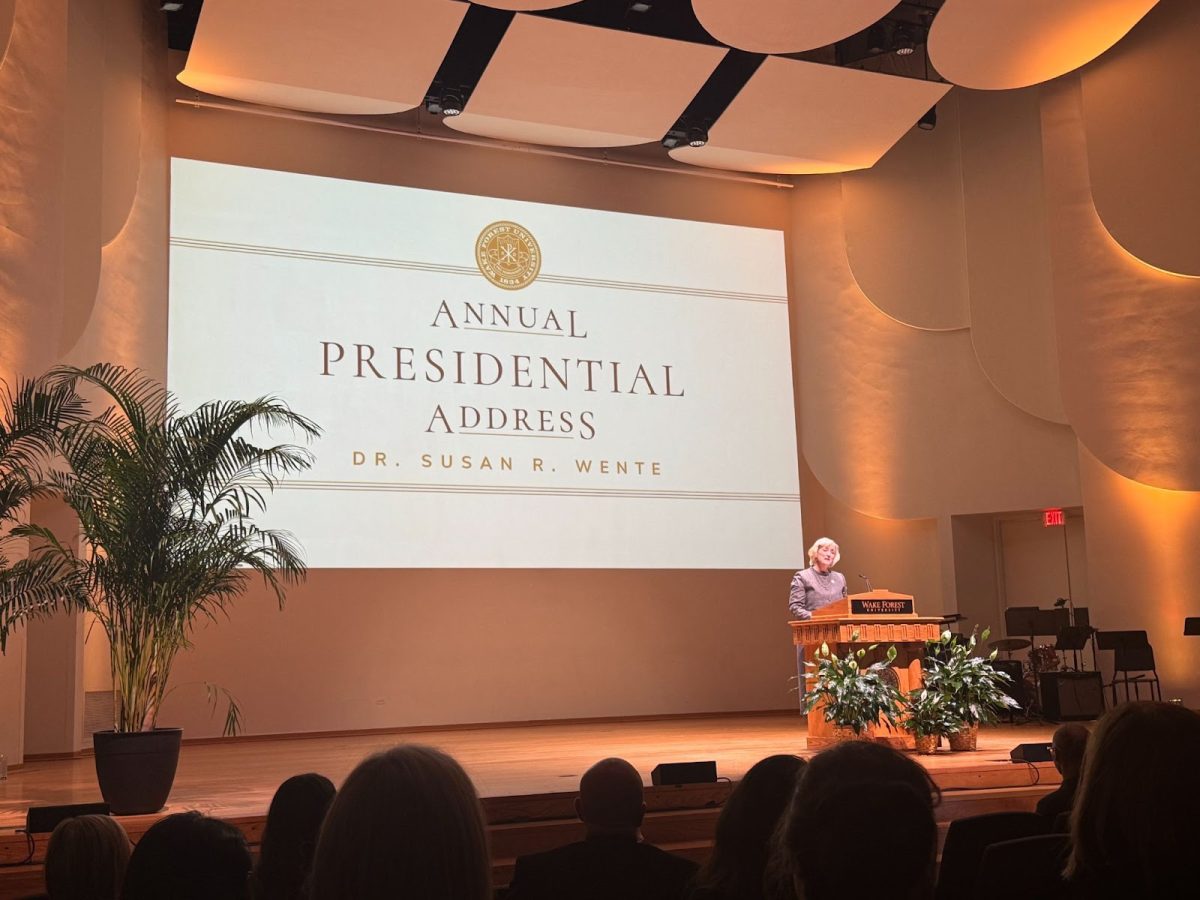
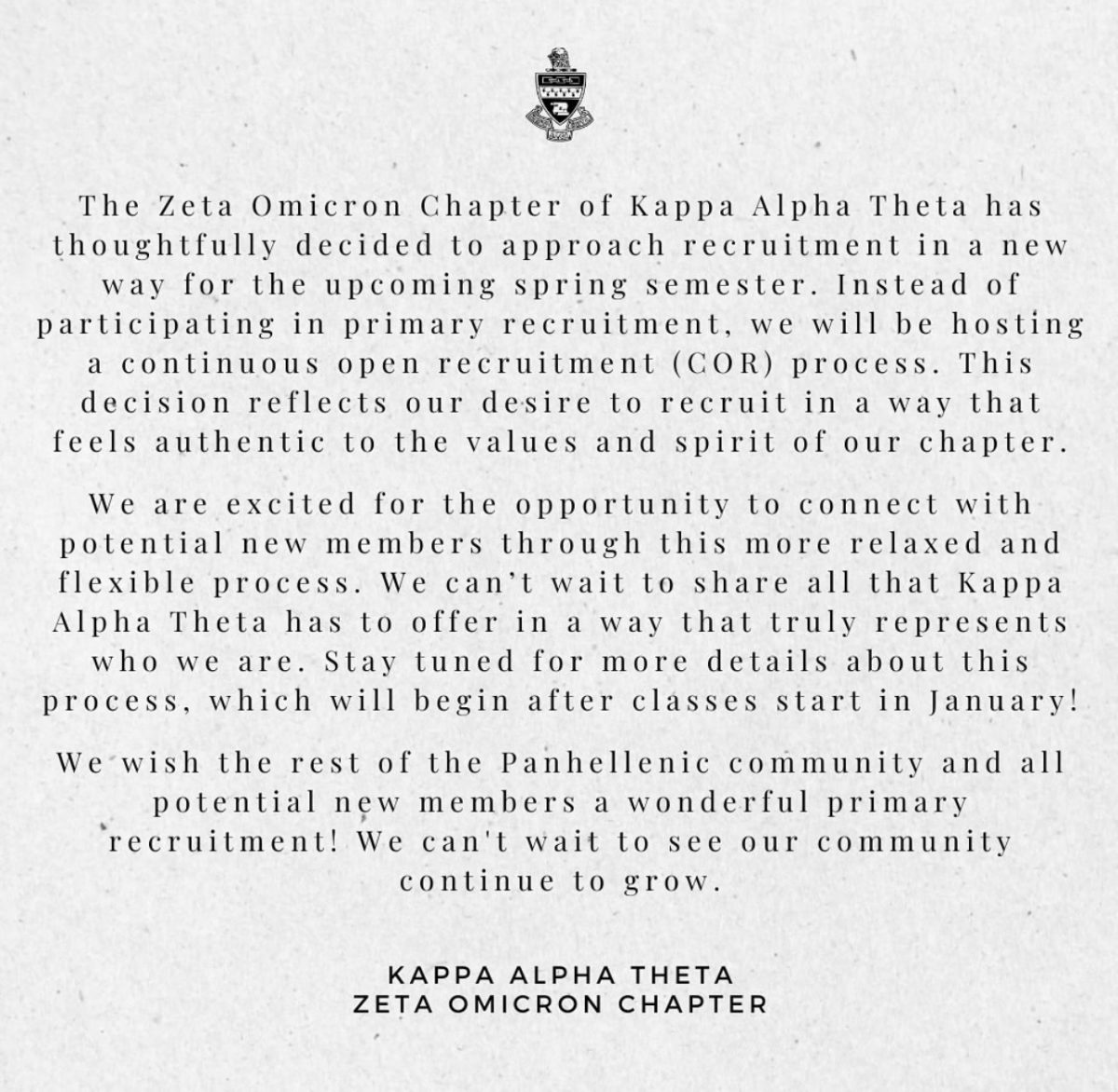

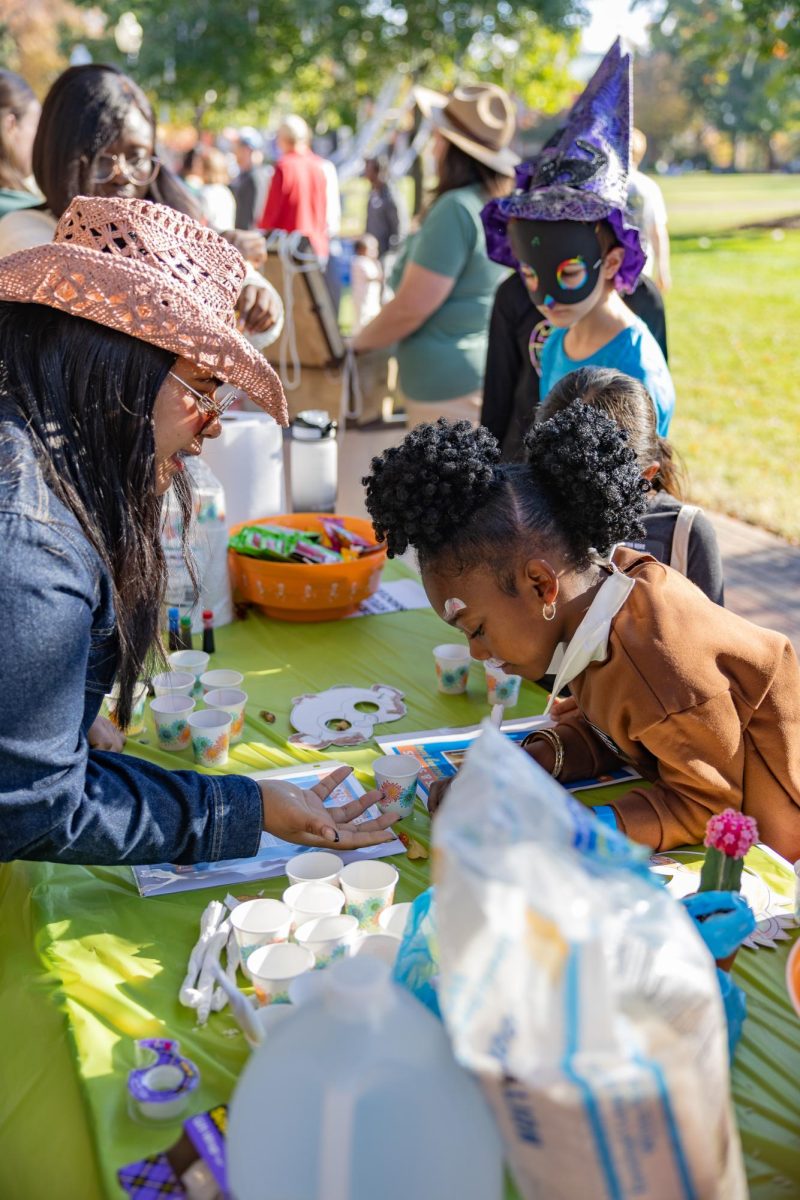
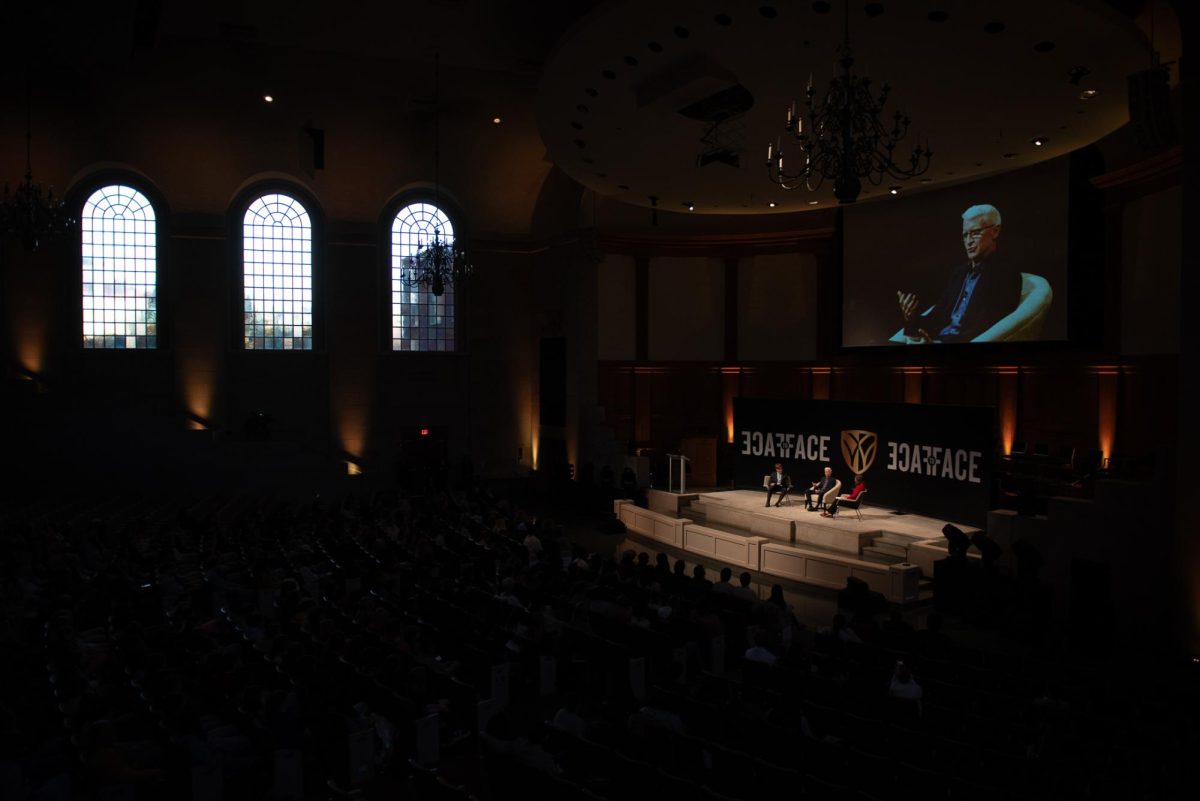

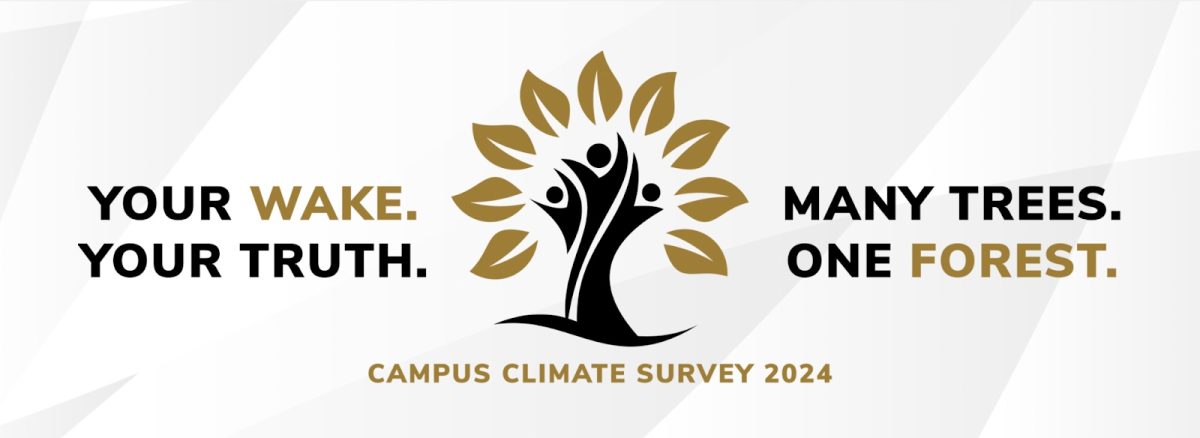

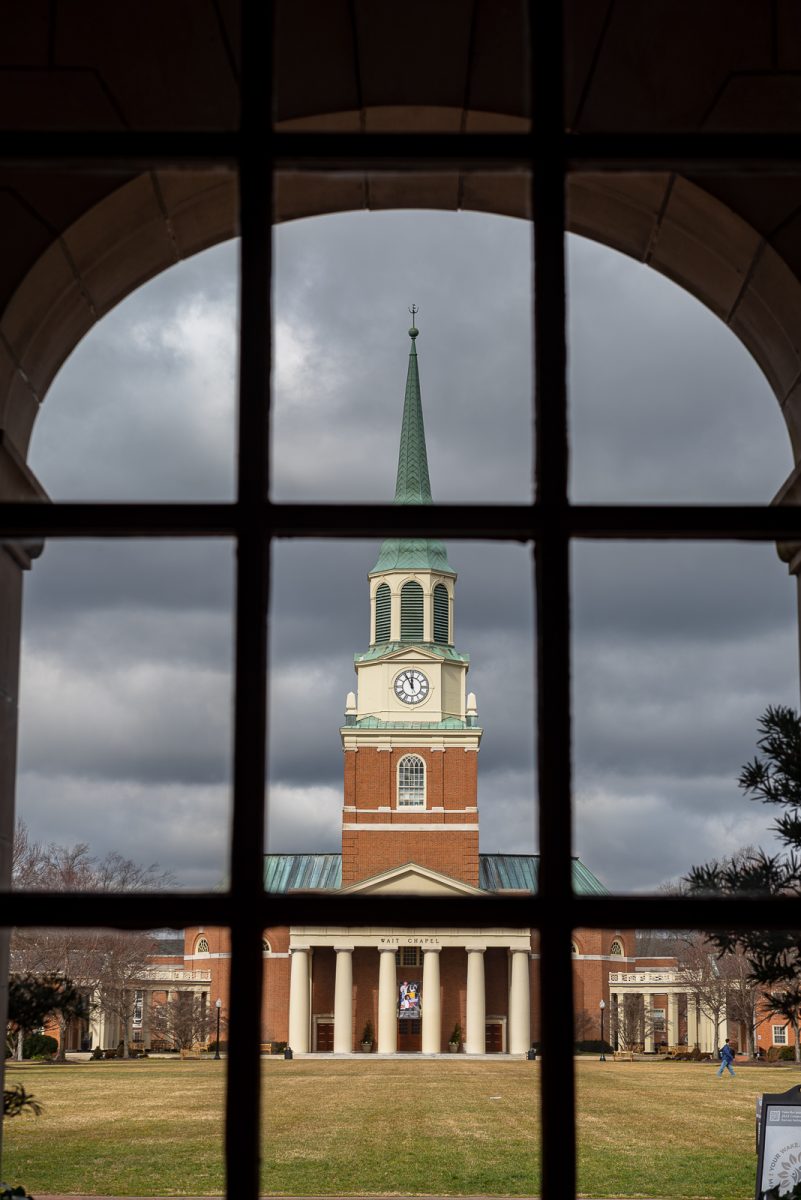

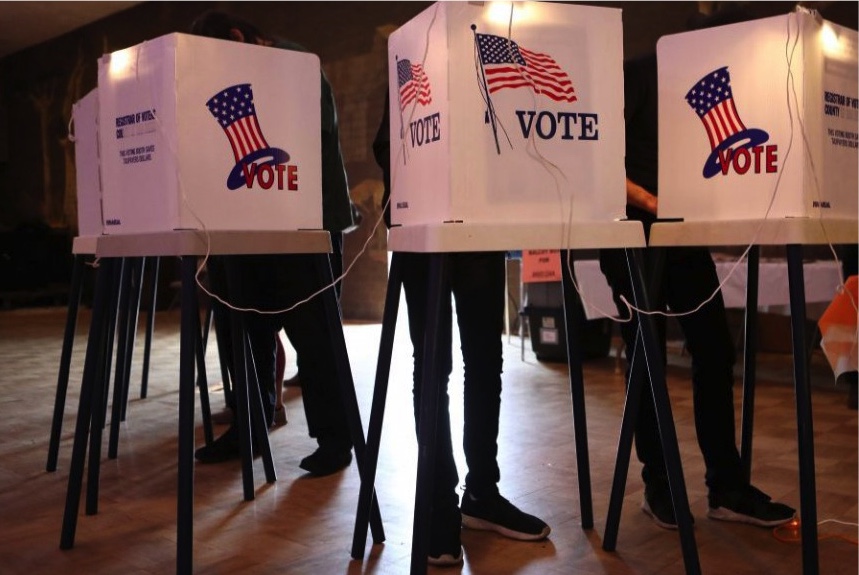
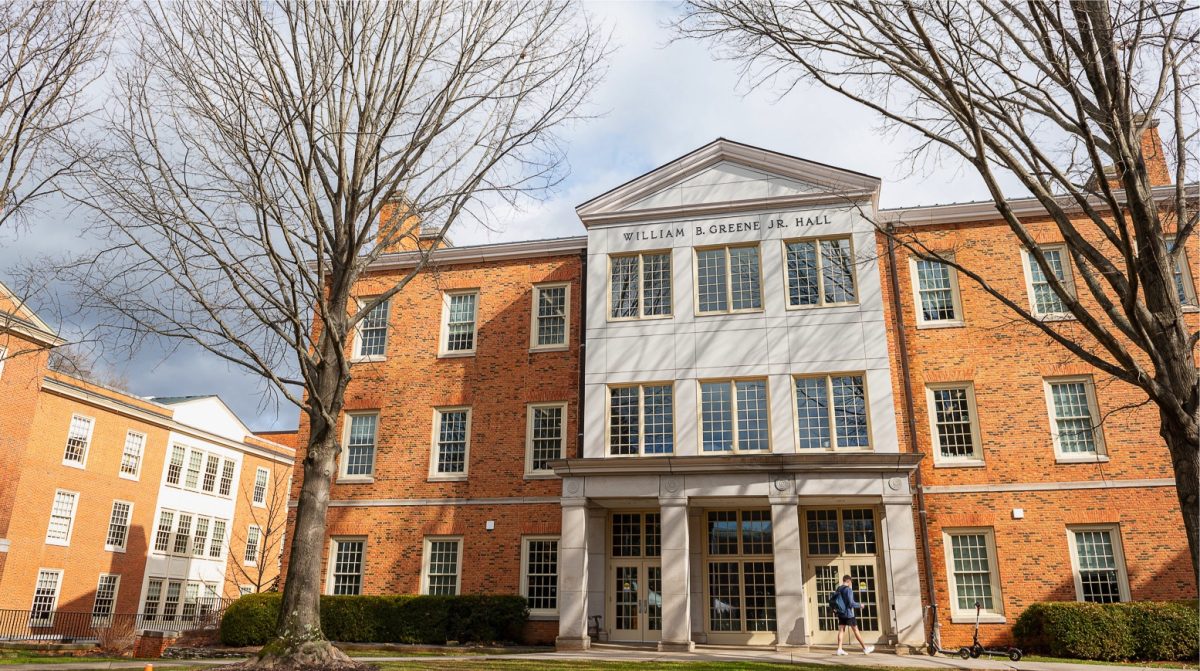
Mankaprr Rahman Conteh • Mar 22, 2016 at 2:21 am
I think its important that Wilborn’s statement “there’s a disconnect between commitment and practice..It’s not enough to commit money to research if that research is not going to inform our own policies,” should have been quoted as a recommendation to Wake Forest explicitly, which it was. Also, I think there’s a typo in my quote, I think it should read “I think that THE way that..” Otherwise, I enjoyed this a lot!